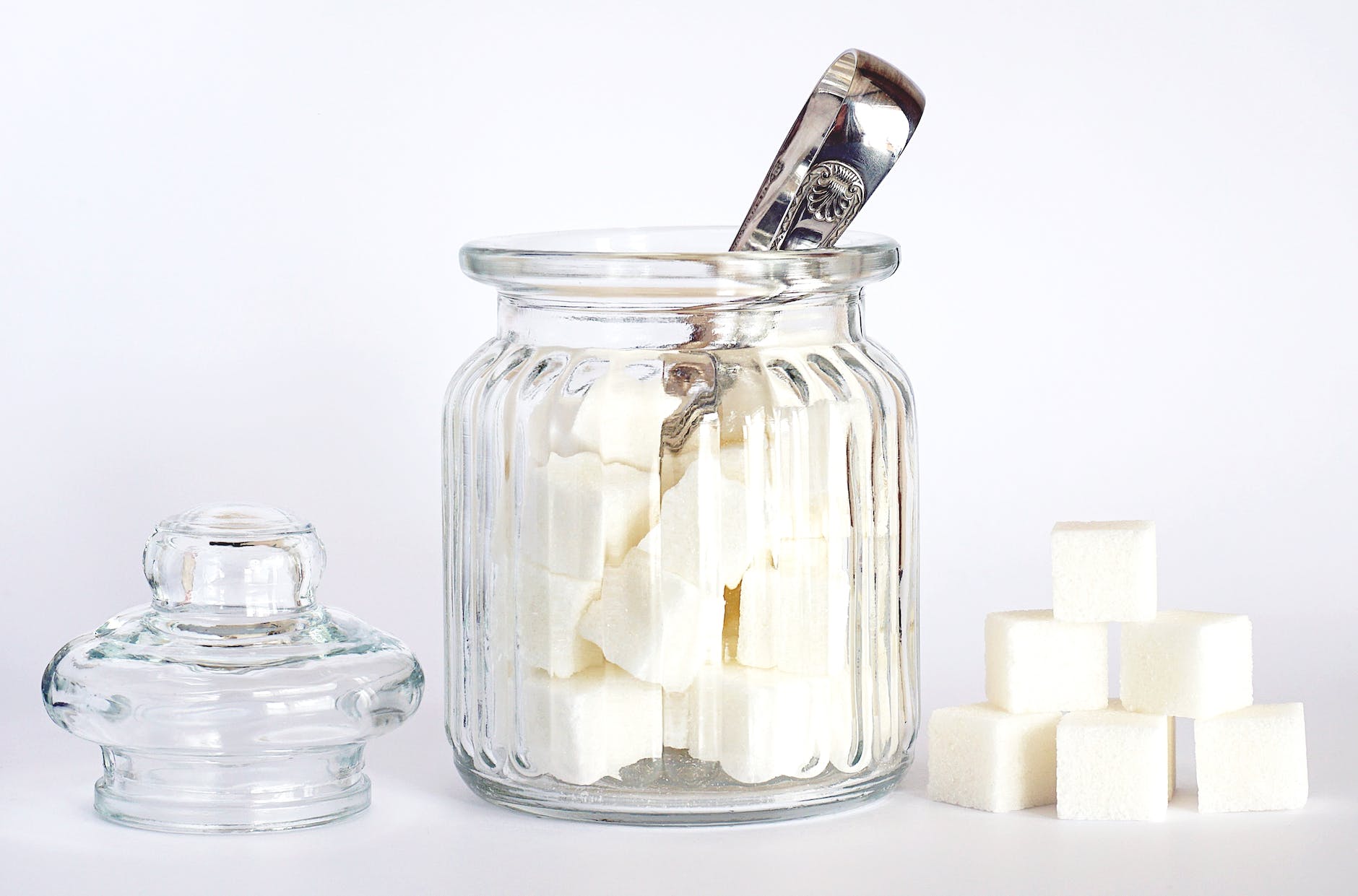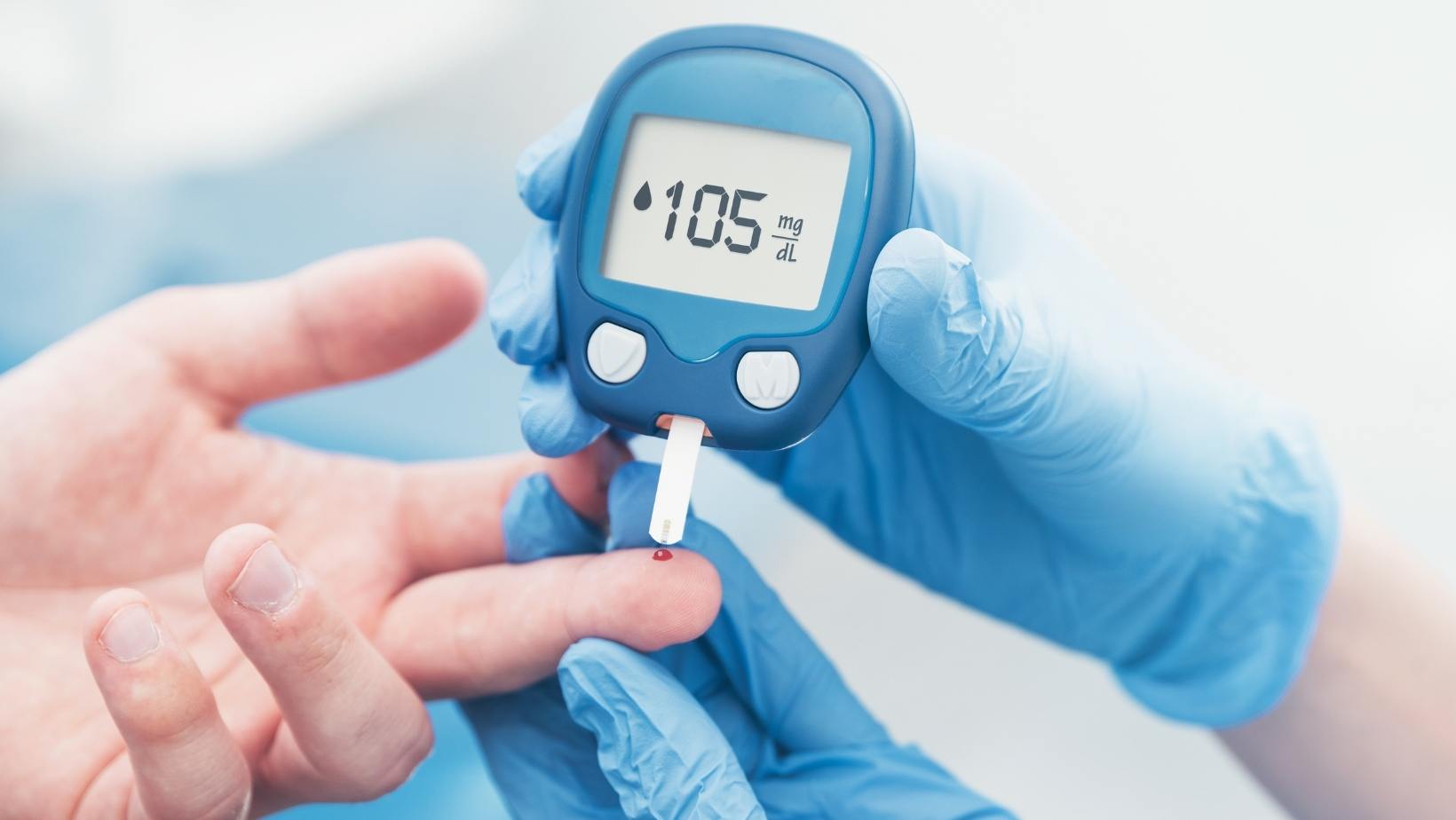
1. Introduction:
In the modern culinary landscape, sugar has become an omnipresent entity. It sweetens our morning coffee, lurks in our favorite snacks, and even sneaks into seemingly healthy foods. But as the sweet allure of sugar beckons, it’s crucial to recognize when our consumption has shifted from moderate to excessive. This article aims to shed light on the myriad ways our bodies might be signaling an overindulgence in sugar.
2. The Science Behind Sugar:
Sugar, at its core, is a carbohydrate that our bodies convert into glucose, fueling our daily activities. While fruits, vegetables, and dairy naturally contain sugar, they also bring to the table essential nutrients and fibers. Conversely, added sugars, prevalent in processed foods and drinks, offer empty calories devoid of any nutritional value. When these added sugars become a significant part of our diet, they can initiate a domino effect of health complications.
For more food-related awesomeness, join our secret Facebook group, by Clicking Here.
3. The 20 Signs:
1. Constant Cravings for Sweets:
An incessant yearning for sweet treats, even after meals, can indicate a sugar-dependent diet. This cycle of sugar highs and subsequent lows perpetuates the cravings.
2. Frequent Fatigue:
While sugar provides a quick energy boost, it’s short-lived. The subsequent energy crash can leave you feeling perpetually tired.
3. Mood Swings and Irritability:
Fluctuating blood sugar levels can lead to mood disturbances, making one feel irritable or even depressed without a clear cause.
4. Weight Gain:
Excess sugar gets converted into fat, leading to unexplained weight gain, especially around the belly area.
5. Tooth Decay:
Sugary foods provide fodder for harmful oral bacteria, leading to cavities and other dental issues.
6. Frequent Colds and Flu:
High sugar consumption can suppress the immune system, making one more prone to infections.
7. Skin Issues:
Sugar can exacerbate skin conditions like acne and can even affect skin elasticity, leading to premature aging.
8. Brain Fog:
Overloading on sugar can hamper cognitive functions, manifesting as forgetfulness or difficulty in concentrating.
9. Digestive Problems:
A high sugar diet can disrupt the gut’s microbial balance, leading to issues like bloating, gas, and constipation.
10. Joint Pain:
Excessive sugar can trigger inflammation, manifesting as pain in the joints.
11. Increased Thirst and Urination:
High sugar intake can lead to increased thirst and frequent urination, early signs of insulin resistance.
12. Persistent Dry Skin:
Despite adequate hydration, one might experience persistently dry skin due to the dehydrating effects of sugar.
13. Blurred Vision:
Temporary vision disturbances can be a result of spiking blood sugar levels.
14. Difficulty Sleeping:
Sugar, especially when consumed late in the day, can interfere with the sleep cycle, leading to insomnia.
15. Chronic Sinus Issues:
Excessive sugar can lead to chronic sinusitis and increased susceptibility to allergies.
16. Hormonal Imbalances:
Sugar can disrupt hormonal balance, leading to conditions like PCOS in women.
17. Reduced Immunity:
A diet high in sugar can weaken the immune response, making one more susceptible to diseases.
18. Increased Heart Rate:
Sudden spikes in blood sugar can lead to palpitations and an increased heart rate.
19. Numbness in Extremities:
Excessive sugar can lead to neuropathy, a condition where one feels numbness or tingling in the hands and feet.
20. High Blood Pressure:
Chronic high sugar intake can lead to hypertension, a major risk factor for heart disease.
4. Personal Stories/Testimonials:
Anna, 32: “I never realized how much sugar I was consuming until I decided to cut back. Within weeks, I felt more energetic, my skin cleared up, and I even shed a few pounds!”
David, 45: “Reducing sugar from my diet was challenging initially, but the benefits I’ve experienced, from better mood to improved digestion, made it all worth it.”
5. The Hidden Sources of Sugar:
While candies and desserts are obvious sugar sources, many are unaware of the hidden sugars in everyday foods. Salad dressings, ketchup, and even some ‘healthy’ cereals can be loaded with added sugars. It’s crucial to become a vigilant label reader to truly understand what you’re consuming.
6. Tips for Reducing Sugar Intake:
- Start Small: Instead of a sudden overhaul, make gradual changes. Swap sugary drinks with water or unsweetened beverages.
- Read Labels: Familiarize yourself with terms like glucose, fructose, and maltose – all aliases for sugar.
- Opt for Natural Sweeteners: Choose honey, maple syrup, or stevia over refined sugars.
7. The Benefits of a Low-Sugar Diet:
Embracing a low-sugar diet can be transformative. From enhanced energy levels to reduced risk of chronic diseases, the benefits are manifold. Not to mention the positive impacts on mental well-being and skin health.
8. Conclusion:
In a world where sugar lurks in unsuspecting places, being informed is our best defense. Recognizing the signs of excessive sugar consumption and taking proactive steps can pave the way for a healthier, more vibrant life.
9. Call to Action (CTA):
Have you experienced any of these signs? Ready to embark on a journey towards a low-sugar lifestyle? Share your experiences and join our 30-day sugar reduction challenge!
For more food-related awesomeness, join our secret Facebook group, by Clicking Here.
FAQ Section:
1. Why is sugar considered harmful in large amounts?
Sugar, especially in its refined form, provides empty calories without any nutritional benefits. When consumed in excess, it can lead to a range of health issues, from weight gain and tooth decay to more severe conditions like type 2 diabetes and heart diseases. Moreover, excessive sugar can cause inflammation in the body, which is a precursor to many chronic diseases.
2. How can I identify hidden sugars in foods?
Hidden sugars often lurk under different names on ingredient labels. Look out for terms like sucrose, glucose, fructose, maltose, corn syrup, and molasses. Being vigilant about reading food labels and understanding these terms can help identify products with added sugars.
3. What’s the difference between natural and added sugars?
Natural sugars are found inherently in foods like fruits, vegetables, and dairy. They come with other beneficial nutrients and are generally considered healthier. Added sugars are those incorporated into foods and beverages during processing or preparation, offering no additional nutritional value.
4. Are sugar substitutes a healthier option?
Sugar substitutes, like stevia or monk fruit, can be a good alternative for those looking to reduce calorie intake. However, it’s essential to use them in moderation and be aware of any potential side effects. Some artificial sweeteners might have an aftertaste or cause digestive discomfort in certain individuals.
5. How can I reduce my sugar cravings?
Reducing sugar cravings often involves a combination of dietary and lifestyle changes. Incorporating more protein and fiber in your diet can keep you full for longer, reducing the desire for sugary snacks. Additionally, staying hydrated, getting adequate sleep, and managing stress can also help curb those cravings.
6. Is fruit sugar (fructose) harmful?
Fruits contain natural sugars accompanied by fiber, vitamins, and essential nutrients. When consumed in moderation, fruits are a healthy addition to the diet. However, it’s best to limit the intake of fruit juices or dried fruits, which can have concentrated sugars and lack beneficial fiber.
7. Can I reverse the effects of excessive sugar consumption?
While some effects, like tooth decay, might be irreversible, many health issues arising from excessive sugar can be mitigated or reversed by adopting a balanced diet and healthy lifestyle. Regular exercise, a diet rich in whole foods, and reduced sugar intake can lead to improved health over time.
For more food-related awesomeness, join our secret Facebook group, by Clicking Here.
Blog Tags for the Post: sugar consumption, health effects of sugar, hidden sugars, sugar cravings, natural vs. added sugars, sugar substitutes, sugar-free diet, reducing sugar intake, sugar and weight gain, sugar and diabetes, sugar and skin health, sugar and dental health, sugar and mood swings, low-sugar recipes, sugar and inflammation, sugar and heart health, sugar and digestion, sugar and energy levels, sugar and brain health.










